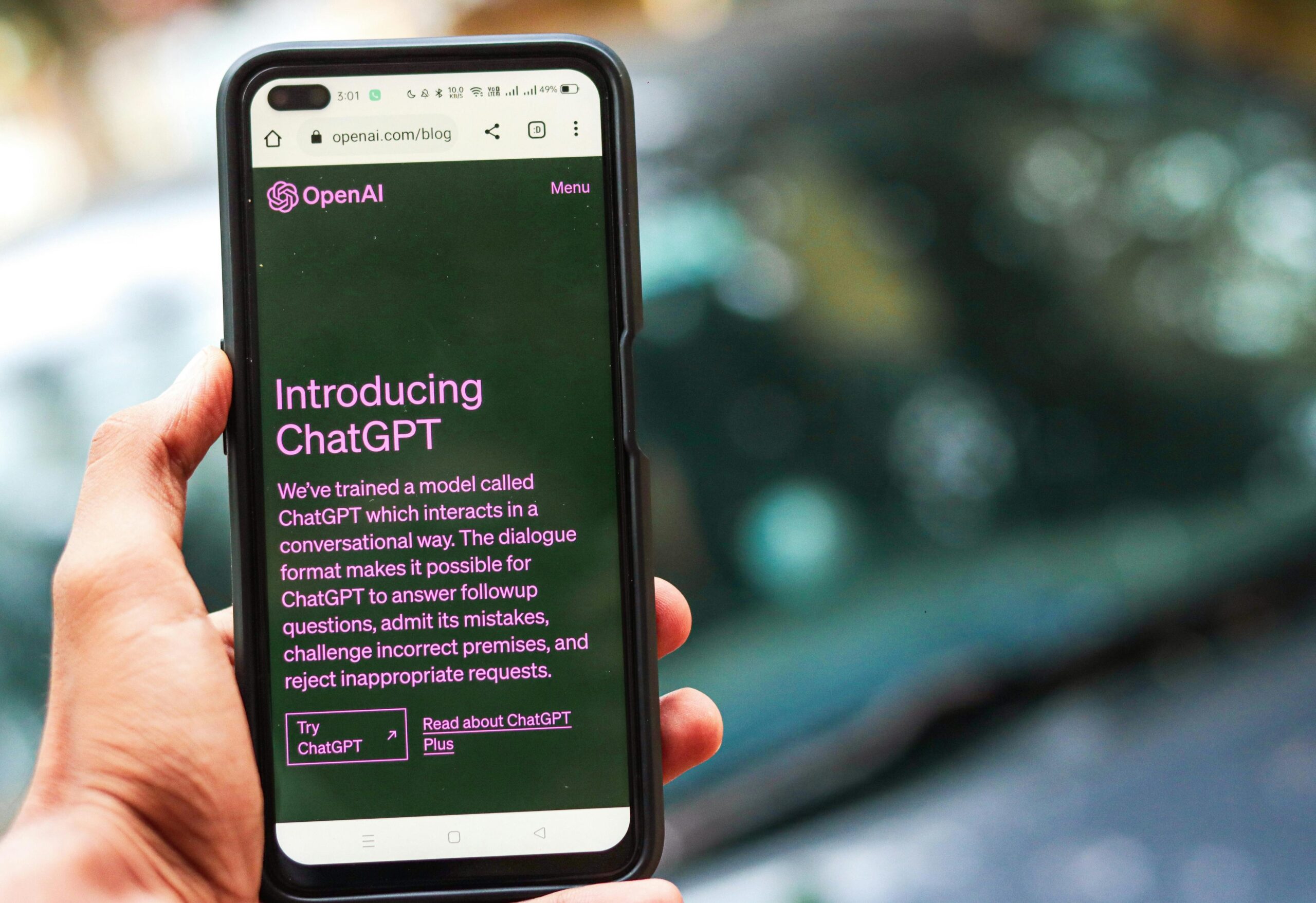In today’s fast-paced digital world, businesses are constantly seeking ways to enhance customer experience while optimizing operational efficiency. AI chatbots have emerged as a game-changing solution, transforming how companies interact with their customers.
The Evolution of Customer Service
Traditional customer service models are being rapidly transformed by AI-powered solutions. Modern chatbots offer:
- 24/7 availability without human intervention
- Instant response times
- Multilingual support capabilities
- Scalable customer interaction handling
- Consistent service quality
Understanding AI Chatbot Technology
Natural Language Processing (NLP)
Modern AI chatbots utilize sophisticated NLP to understand and respond to customer queries naturally. This technology enables:
- Context-aware conversations
- Sentiment analysis
- Intent recognition
- Multiple language processing
- Learning from interactions
Machine Learning Integration
Today’s chatbots continuously improve through:
- Pattern recognition in customer interactions
- Behavioral analysis
- Response optimization
- Automated learning from feedback
- Adaptation to new scenarios
Business Benefits of AI Chatbots
Cost Efficiency
- Reduction in customer service operational costs
- Decreased training requirements
- Lower overhead expenses
- Scalable without proportional cost increase
Enhanced Customer Experience
- Immediate response times
- Consistent service quality
- Personalized interactions
- 24/7 availability
- Seamless escalation to human agents
Implementation Strategies
Planning Phase
- Identify key customer service pain points
- Define chatbot objectives
- Choose appropriate AI technology
- Plan integration with existing systems
- Set measurable success metrics
Development Phase
- Design conversation flows
- Create knowledge base
- Implement security measures
- Develop fallback scenarios
- Test extensively
Best Practices for Chatbot Implementation
Design Principles
- Keep conversations natural and engaging
- Maintain brand voice consistency
- Design clear user interfaces
- Include easy escalation paths
- Ensure mobile responsiveness
Content Management
- Regular updates to knowledge base
- Continuous monitoring of interactions
- Performance optimization
- Regular content reviews
- Analytics-driven improvements
Measuring Success
Key Performance Indicators
- Response time metrics
- Customer satisfaction rates
- Resolution rates
- Escalation frequency
- Cost savings analysis
Future Trends
Emerging Technologies
- Voice-enabled chatbots
- Emotional intelligence integration
- Advanced personalization
- Predictive customer service
- Multi-channel integration
Implementation Challenges and Solutions
Common Challenges
- Integration with legacy systems
- Training data requirements
- User adoption
- Privacy concerns
- Performance monitoring
Solutions
- Phased implementation approach
- Comprehensive testing
- Regular user feedback collection
- Continuous optimization
- Security protocol implementation
Conclusion
AI chatbots are no longer optional but essential for businesses aiming to maintain competitive advantage in customer service. By implementing these solutions strategically, companies can significantly improve customer satisfaction while reducing operational costs.
Getting Started
Consider these steps to begin your AI chatbot journey:
- Assess your current customer service model
- Identify key implementation areas
- Choose appropriate technology partners
- Plan for gradual implementation
- Monitor and optimize continuously
This comprehensive transformation in customer service technology represents not just a trend, but a fundamental shift in how businesses interact with their customers. The key to success lies in thoughtful implementation and continuous optimization of these AI-powered solutions.

